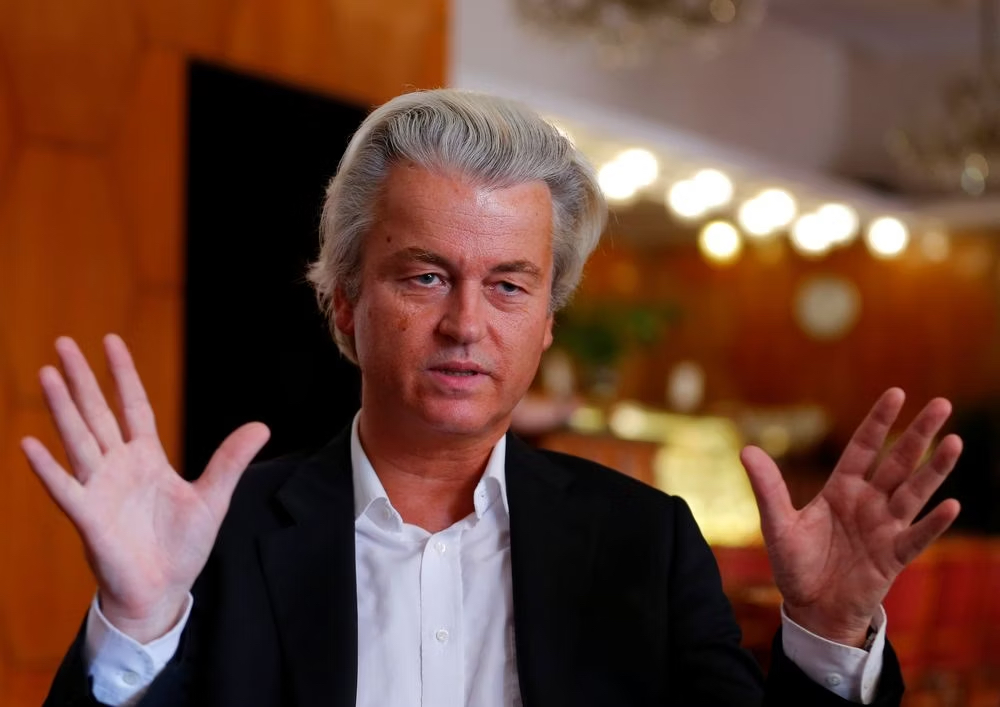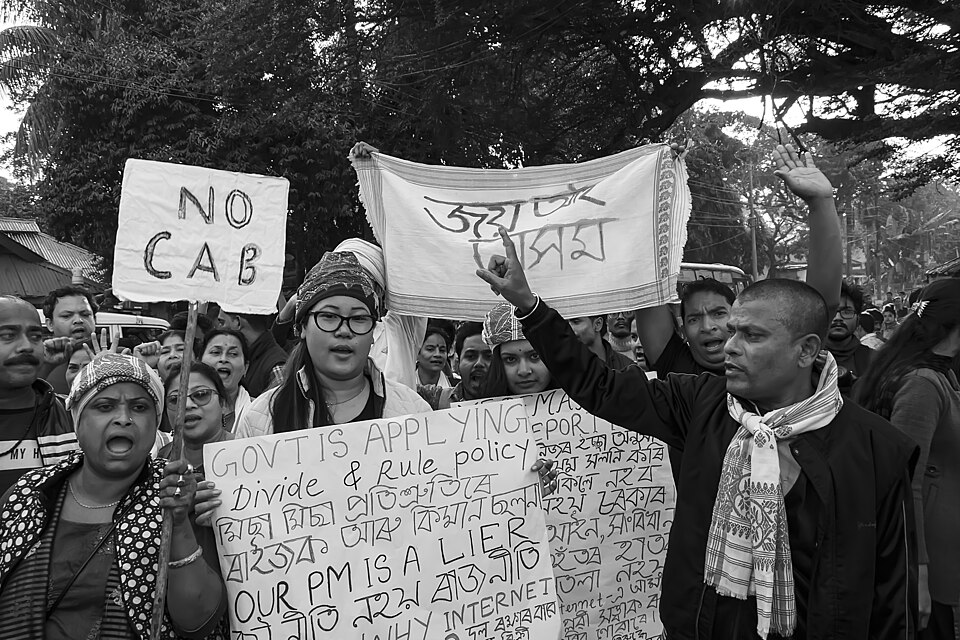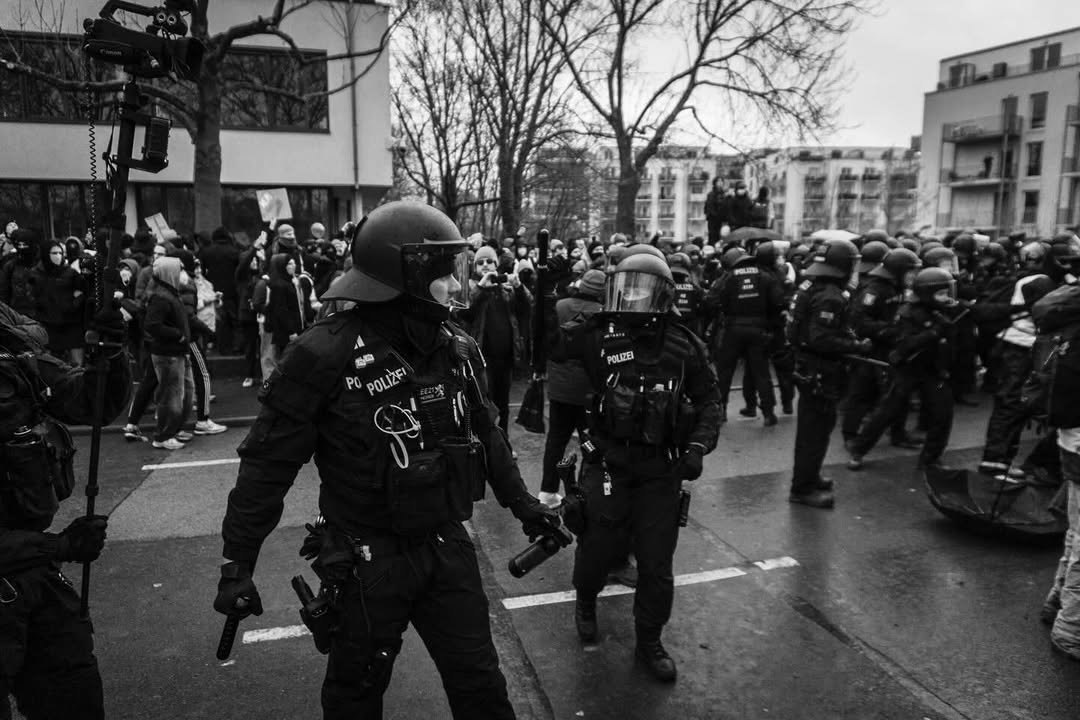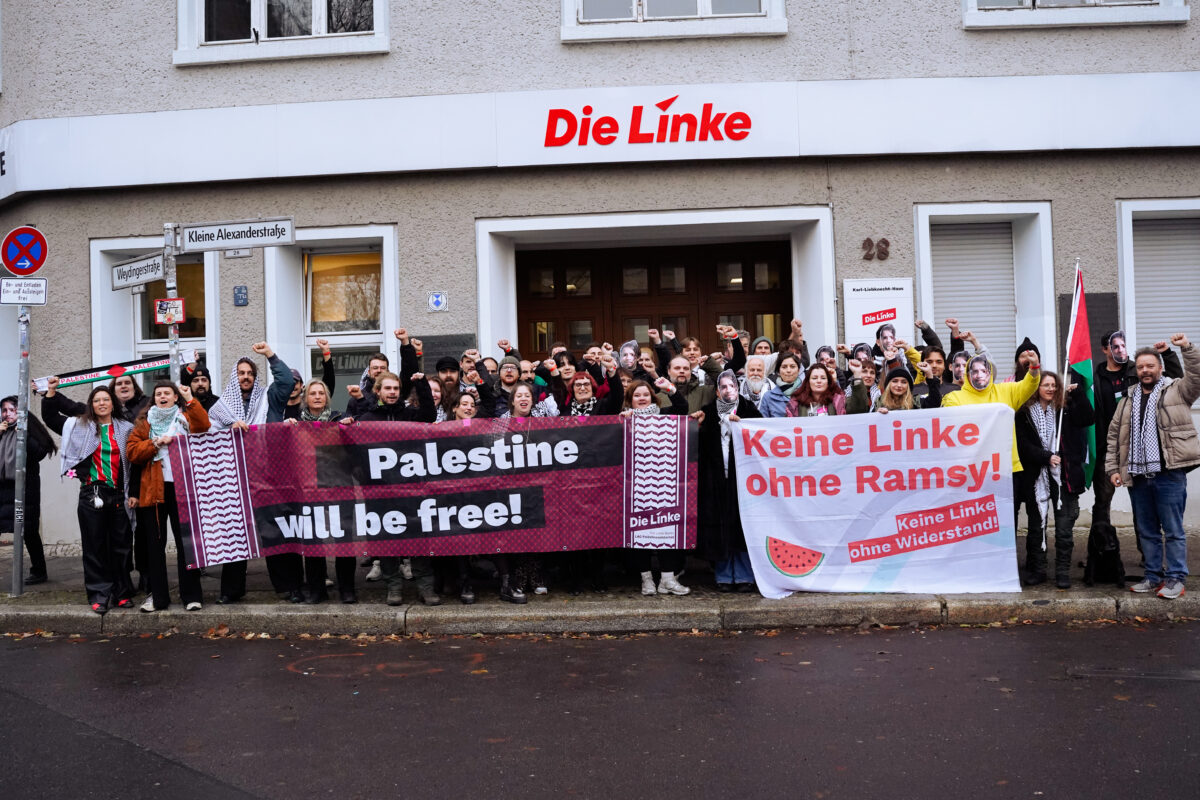Democracy is at a turning point worldwide. It is the same in the Netherlands. As a member of the Socialist Party (SP) I am very concerned about the outcome of the coming elections. Last time we had elections, the far-right party, Party for Freedom (PVV), of Geert Wilders won. He will probably win the coming elections as well. I sense a rise of fascism and, maybe even more dangerous, the rise of what Benjamin Netanyahu calls “authoritarian capitalism.” The rise of extremism on the right might be hard to stop due to internal political chaos on which it thrives, a growing discrepancy between the rich and the poor, and the ability to control public opinion digitally. Those factors, in combination with a growing surveillance industry, will likely hinder the creation of a more equal and democratic society across the globe.
The fall
On the third of June 2025, the coalition Schoof—consisting of the PVV, the People’s Party for Freedom and Democracy (VVD), the New Social Contract (NSC), and the Farmer-Citizen Movement (BBB)—ceased to exist due to the PVV demanding stronger asylum measures. On 2 July 2024 Dutch politicians decided on an extra-parliamentary government—a form of government which has only existed twice in Dutch history–due to objections to the PVV mainly by the NSC and fears for an endangered constitution by the same. With this extra-parliamentary form, not all members of the coalition have to give their approval for the government program. Although Wilders and his PVV had won the election, there were fundamental objections to him becoming the prime minister. He would be engaged internationally, representing the Netherlands. This was a step too far for most. After 337 days this government came to an end and new elections were necessary.
As for chance to change
The Schoof government did not create much chance to change, so to speak. Simply because it was incredibly divided about everything. The only two subjects on which they could agree were limiting asylum and the status quo on taxes.
Taxes
Taxes mainly stayed untouched with the Schoof government and still do not contribute to solving the growing discrepancy between the rich and the poor. On the contrary. There is no improvement in purchasing power(source Een vandaag.avrotros.nl). Income tax still has a higher percentage than instance wealth tax, with an average ratio of 40% to 32% (source Belastingdiens.nl). The status quo is not at all surprising, because of the political orientation of the political parties involved.
Housing
As for housing, little has changed. In the Netherlands waiting lists for social housing are up to 12 years in some cities. In the Netherlands 653.000 people are on a waiting list (2024). The minister of housing (BBB) decided to solve this by not allowing asylum seekers to be given priority any longer. She perhaps forgot that this would only result in a “surplus” of 154.000 houses, because only 7% max of social housing is used by asylum seekers. Municipalities don’t expect a decline in the length of the waiting list and they are now faced with a new problem: the law obliges them to house asylum seekers, but they can’t do it any longer by granting them social housing.
Healthcare
Healthcare is a huge issue in the Netherlands. In 2004 Hans Hoogervorst (VVD) ministry of healthcare created a new, commercial health care system. Due to market forces the costs of healthcare go up each year. Consequences of this include less people being able to pay for decent dental care. Wages in healthcare jobs remain behind in comparison to commercial jobs. Meanwhile pressure in medical jobs remains high. Ten percent of healthcare workers try to find a job elsewhere. Nothing has changed under Schoof on named subjects.
Where did the Schoof government score?
Many are still very dissatisfied with their economic situation. Except, of course, for the happy few. The often open harassment of minorities by some of the political members of the above parties has created an atmosphere that emboldens people to openly show their slumbering racism, with the sad riots of 20 September in De Hague as a result. In my opinion the utter chaos they created in politics has caused extremism on the right to grow.
Surveillance industry
Since 2019 the Dutch police has been allowed to make use of a facial recognition system. The allowance was granted by minister of justice Yesilgöz (VVD) in 2019. Before that, the police already used a system called CATCH. But this system only used facial recognition in combination with data on suspects and so called illegal aliens. The police also makes use of technology which can tap phones and extract limited information. Some of these systems are bought from Israeli firms. As yet there is no misuse at a large scale. Although it was pretty surprising to read about police visiting demonstrators to have a “serious conversation.” What will happen next when these systems are used under an elected government of outright far-right extremism?
Democracy
And that is why democracy is under threat. It can only survive when minorities are respected, the rule of law is functioning and free speech and the right to demonstrate is not under surveillance. But most importantly, the income inequality between rich and poor must be brought into balance. This has been, throughout history, the main cause for unrest, the rise of extreme power on the right, and the end of democracy.
Further readings
- The Palestine laboratory, Antony Loewenstein
- Political cleavages and social inequalities, Amory Gethin, Thomas Piketty
- How democracies die, Steven Levitsky and Daniel Ziblatt
My name is Hans Alberts. I live in the vicinity of Zwolle, the Netherlands. I finished a study in history some thirty years ago. Since than I am fascinated by repeating movements in history. My all time favorite writer is Carl von Ossietzky. My strong belief is that there is a materialistic relationship between the choice for democracy/socialism or fascism.




